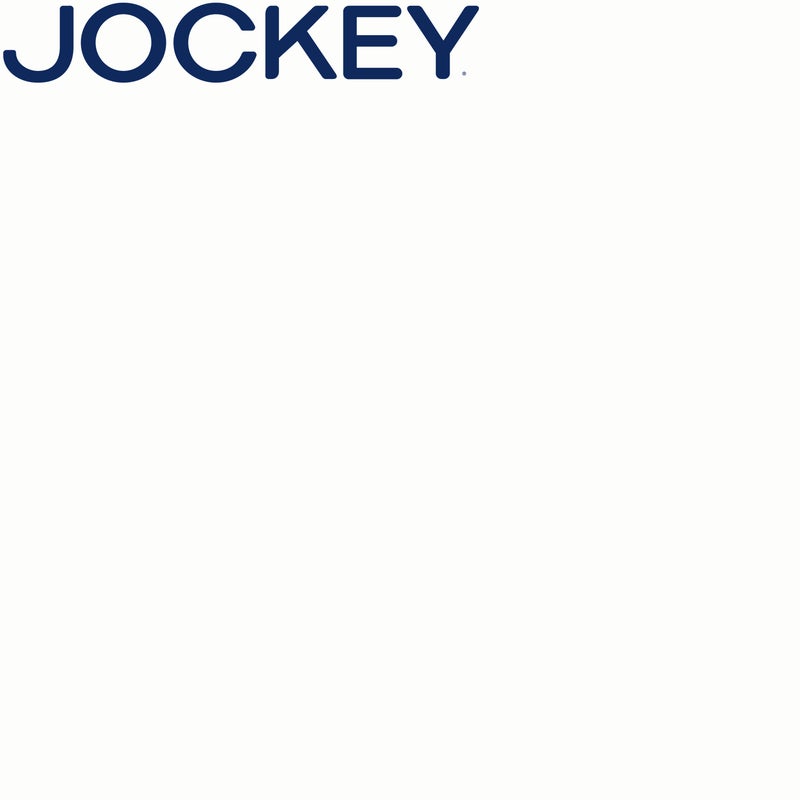Everyday Heroes
From overcoming cancer to battling PTSD, the following diverse group of men and women have used their personal stories to inspire the world
Persistence. Resolve. Imagination. Fortitude. Hope. All of these attributes and more can be used to describe our inspiring gallery of everyday heroes. From veterans to cancer survivors to individuals who decided to make a difference, these people chose to take their struggle and use it to remind us all that we have the power to change our lives for the better as well as the lives around us. Here's how they decided to take that first step from survivor to trailblazer.
Chris Van Etten, U.S. Marine Veteran
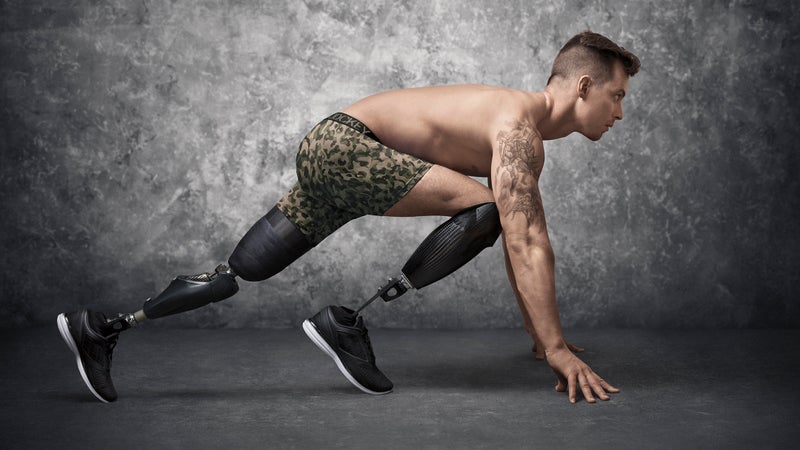
In 2012, Van Etten lost both legs from an IED while serving as a U.S. Marine in Afghanistan. As part of his healing process, he started going to the gym every day. Today he's a spokesmodel for Jockey underwear and appears in the brand’s #ShowEm collection of inspirational stories from everyday heroes.
Impact Moment: One day, after a woman asked to work out with me, a friend showed me her Facebook post. She put up a photo of us and wrote that seeing me made her realize that her day wasn't really that bad. That was the light bulb.
Next Up: I’d like to open a gym/physical therapy center. I’m working on a book. I also want to keep producing electronic music. And the modeling—there’s so much I want to do.
Biggest Reward: Whenever I see the positive emails forwarded to me from Jockey. I know that I’m connecting with real people through the program.
Amy Purdy, Snowboarder
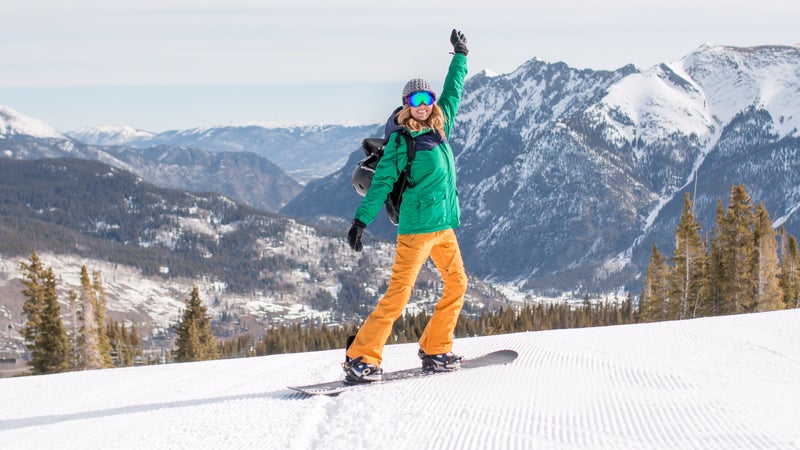
Purdy nearly lost her life when she was 19 from a rare form of meningitis, but she did lose both her legs. That didn't stop her from snowboarding and medalling at the Sochi Paralympic Games. She's competed on Dancing With the Stars and established Adaptive Action Sports to show the disabled how to master action sports.
Impact Moment: At a camp in Colorado, I met a little girl who also had prosthetic legs. She asked me what to do when other kids called her a robot. I told her, “First off, robots are cool, which makes you cool.” And she lit up. We did everything together that week, and that’s when I realized that I had something to share.
Next Up: Making the U.S. Team as a snowboarder for the Winter Paralympics in South Korea. And this summer I’m going to kick off a new camp for women and girls that will focus more on wellness than action sports.
Erik Weihenmayer, Adventurer
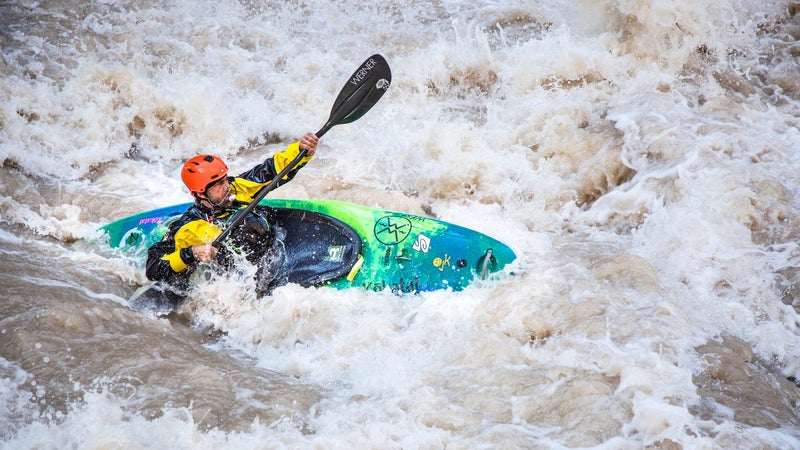
Losing his sight as a teenager didn't slow down Weihenmayer’s ambition to become a skilled climber and athlete. He’s scaled the Seven Summits, climbed the Nose of El Capitan in Yosemite, and even kayaked the Grand Canyon.
Impact Moment: One of the last things I saw on TV before going blind as a teenager was (cancer survivor and amputee) Terry Fox’s attempt to run across Canada in 1980. He showed me that I could convert tragedy into fuel and that I could make it about something bigger than me.
Next Up: I'm working on growing our No Barriers movement, which brings together people who face the challenges of physical and emotional trauma. Our mission is to help them learn to reach out, to climb, and to find their own map for growth and what’s next in their lives.
Michaela DePrince, Ballerina
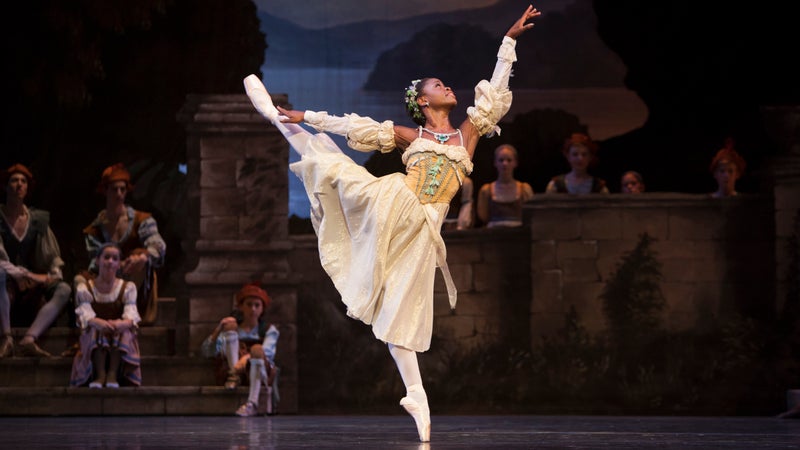
DePrince was born in war-torn Sierra Leone with a skin disease that made her an outcast. Rebel fighters killed her father while fever took her mother. Eventually, a new life in the U.S. helped her discover her passion for ballet, then a spot with the Dutch National Ballet, and inclusion in Jockey’s #ShowEm campaign.
Impact Moment: I was in South Africa, sharing my story with high school kids who were mesmerized. Their teacher told me afterward that with my story I could make a difference in people’s lives, that I could give them hope.
Next Up: As an artist, I take part in events around the world to meet new people and learn new approaches and do new things (such as a cameo in Beyoncé’s “Lemonade” video).
Biggest Reward: I wanted to be someone I wasn't for so long. I had to learn to love who I am, who I am underneath, and make the most of what I was given. And I did. Now, through the Jockey campaign, I hear from so many people who I’m inspiring to do the same.
Jon Rose, Founder, Waves for Water
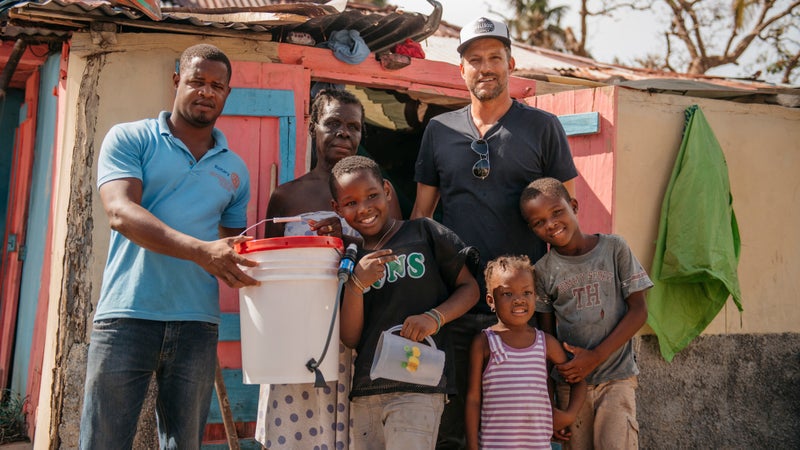
The former pro surfer was in Sumatra in 2009 when an earthquake devastated the island, and he became a first responder by accident. He had 10 water filters with him that he had planned to donate elsewhere. Instead he used and distributed the filters to rescue workers. The incident crystallized Rose’s mission for Waves for Water, now a global organization that, among other initiatives, distributes and sets up water filters in disaster areas.
Impact Moment: With our courier program, travelers can buy water filters from us and receive training on how to distribute them. Then they go to wherever they’re going and give them away. I love seeing the empowerment that comes from my friends and family using the program. It makes humanitarian actions personal and very real.
Next Up: We’re addressing the global housing crisis with a new way to build affordable yet safe and secure homes, starting with a test case on the Pine Ridge Reservation in South Dakota.
Sean Swarner, Adventurer
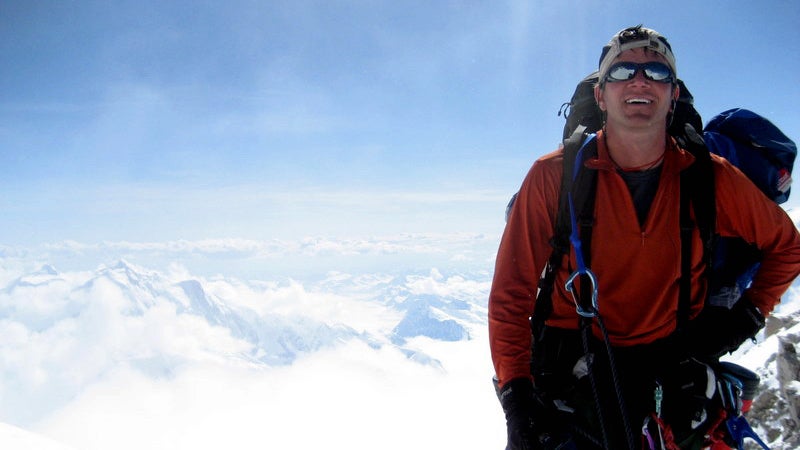
Cancer ravaged Swarner twice when he was a teenager, to the point where he spent a year in a medically induced coma. He survived but lost one of his lungs during the ordeal. Yet he’s thrived—summiting the Seven Summits, trekking to both Poles and back, and completing the Ironman Championships in Hawaii.
Impact Moment: It was after I drove a drunk girl back to her house, which turned out to be a crack house. She was just discarded there by her roommates. That’s when I knew I had to do something. I didn't survive cancer to end up here. It forced me to ask myself who I was and who I wanted to be.
Next Up: Writing a series of e-books that will help people redefine the impossible. I’ve found that who you are in one situation—fighting cancer, climbing a mountain, making the impossible possible—is how you react to situations throughout your life.
Chad Brown, Founder, Soul River
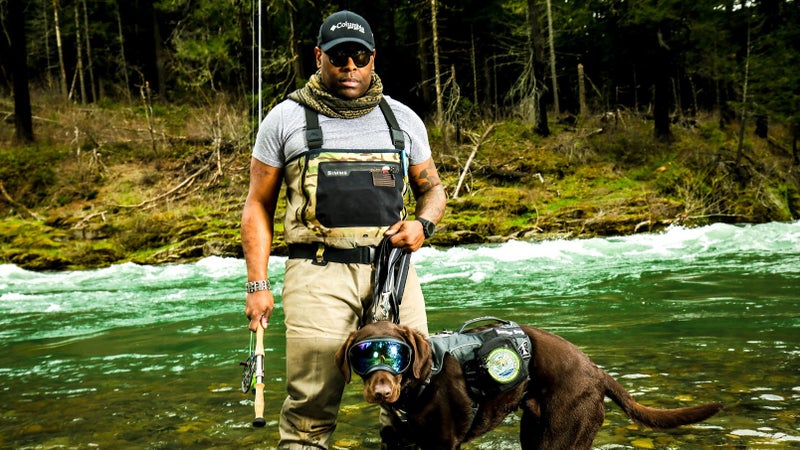
A U.S. Navy vet who saw action in first Gulf War and Somalia, Brown ended up homeless and struggling with PTSD. Then he discovered the healing benefits of being outside and fly-fishing, which led him to create the Oregon-based Soul River, a nonprofit committed to teaching veterans and inner-city youth how to fish.
Impact Moment: Witnessing the kids go home after a “deployment,” as I call our trips, and grow into leaders in their communities. And then to see the veterans come back and help these kids.
Next up: My dream is to build an eco-lodge on a river that would serve as an environmental education center, corporate retreat, and healing center for veterans.
T. Morgan Dixon & Vanessa Garrison, Founders, GirlTrek
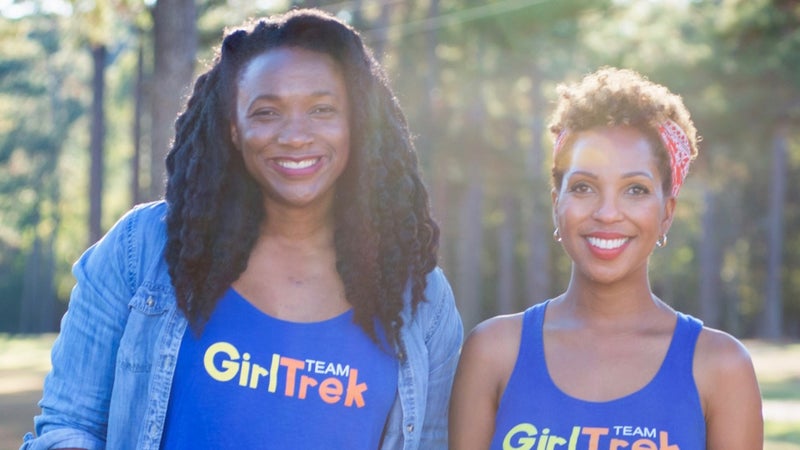
After learning that roughly half of African-American girls will become obese and suffer from diabetes, teacher T. Morgan Dixon decided to do something: Get them to take a walk for better health. Her friend, Garrison, expanded the idea to the girls’ mothers, urging them to walk, reclaim their health, and ultimately build stronger communities.
Impact Moment: History shows that women who walk and talk together can solve the root causes of disease in their communities—imagine a neighborhood watch in sneakers. GirlTrek is helping build that corps of change-makers.
Next Up: We’re working to get one million women to pledge to walk once a week in 2018.
Brad Ludden, Founder, First Descents
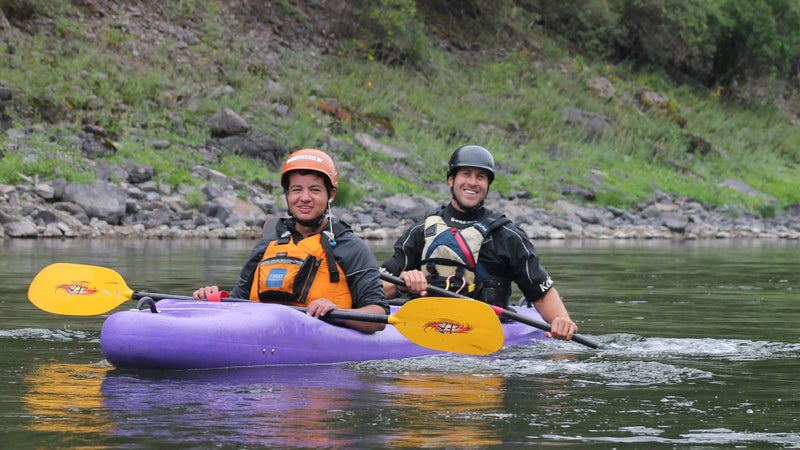
Ludden discovered a hard truth after his aunt died from cancer in her 30s: Young adults are the lost and forgotten demographic of the disease with few resources available to help them navigate it. Later, while making a living as a professional kayaker, he theorized that the same rush from navigating whitewater might help cancer patients pick up the confidence to lead better lives. In 2001, his organization, First Descents, launched its first whitewater camp for young adults with cancer.
Impact Moment: When people come to camp, they’re pretty much shattered. By the time they leave, they’ve become human beings again. The transformation from beginning to end is incredible. Our camps are like a prescription from a doctor.
Next Up: We’re using the results of two research studies on the positive effects our camps have on cancer patients to improve their quality of life to build awareness, secure more partnerships, and take First Descents international.
To watch videos about Michaela, Chris, and other Jockey ambassadors, please visit jockey.com/showem.
